December 20, 2024 | 11:19 GMT +7
December 20, 2024 | 11:19 GMT +7
Hotline: 0913.378.918
December 20, 2024 | 11:19 GMT +7
Hotline: 0913.378.918
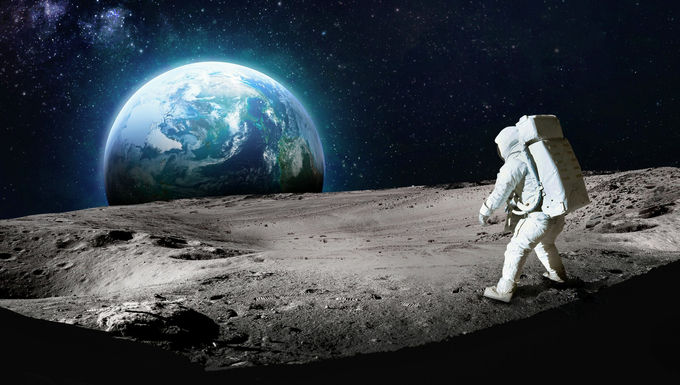
Scientists from various Chinese universities have recently had the opportunity to analyze soil samples brought back from the moon by the Chinese space mission know as Chang’E-5. They find that the lunar soil, or components extracted from it, have the potential to be used as photocatalysts for splitting water molecules and using the products – along with carbon dioxide from the breath of visiting astronauts – to form oxygen and various fuels. This, they say, could form the basis of an independent life-support system on the moon.
Using brand new methodology, scientists in China have discovered a shockingly simple trick to extract water from lunar soil.
As the South China Morning Post and other outlets report, the new technique has been tested out on Moon dirt samples brought back from China's 2020 Chang'e 5 mission — the first to return lunar soil samples to Earth in 44 years.
Published in the journal The Innovation, which was founded in 2020 by young Chinese scientists, these findings suggest not only that Moon base settlers could produce potentially potable water from lunar soil, but also that they could use byproducts from the water extraction process to help build their bases.
When analyzing the samples, researchers from the Chinese Academy of Sciences found that they contained high concentrations of hydrogen and oxygen, alongside other elements.
When heated to temperatures exceeding 1,800 degrees Fahrenheit, those elements produced water vapor, per the country's CCTV state broadcaster. Interestingly, the soil itself apparently also melts after reaching this temperature threshold.
Along with the purported water vapor discovery, the researchers also learned more than was previously known about lunar soil through their experiments.
For instance, some of the hydrogen-rich minerals found in the Chang'e 5 lunar soil samples seem to have been created due to billions of years of exposure to solar wind. When heated, these compounds not only create water vapor, but also iron and ceramic glass.
Just a single gram of lunar soil is said to be able to produce between 51 and 76 milligrams of water. Accordingly, the researchers said that a ton of such soil could produce 13 gallons of water.
The Chinese Academy of Sciences team is, per SCMP, proposing that on future lunar bases, Moon dirt could be heated by focusing sunlight with concave mirrors. The iron produced as a byproduct of this method could also be used to build electronics, scientists say, and the melted soil could potentially have applications in building structures, too.
Though the researchers cautioned that more studies would need to be done to determine the feasibility of extracting water on the Moon using this new heating method, the findings are nevertheless groundbreaking — and there's little doubt that China's spacefaring rivals are seething at the fact that they didn't make the discovery first.
(futurism)

(VAN) Voice of Animals, a Russian NGO, has prepared amendments to the draft veterinary regulation in the poultry industry, which is scheduled to come into force on 1 August 2025.
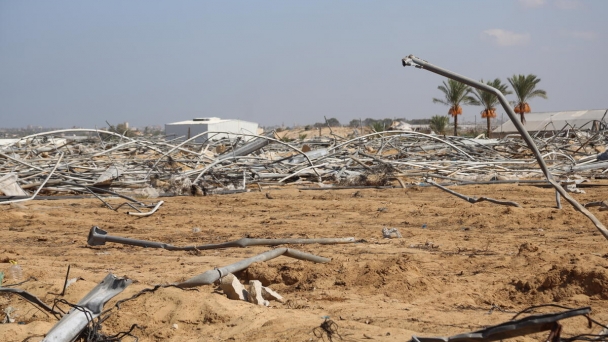
(VAN) From the FAO Regional Office for the Near East and North Africa.

(VAN) A year of change for both the UK’s broiler and egg sectors is highlighted in this year’s Andersons annual Outlook report.
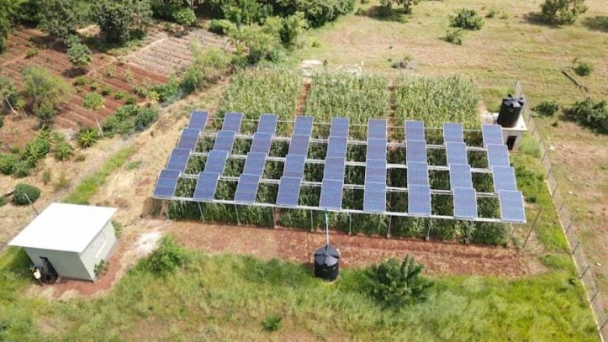
(VAN) Agriculture is a necessary part of human existence; on a global scale, unfortunately, it contributes to the climate crisis.
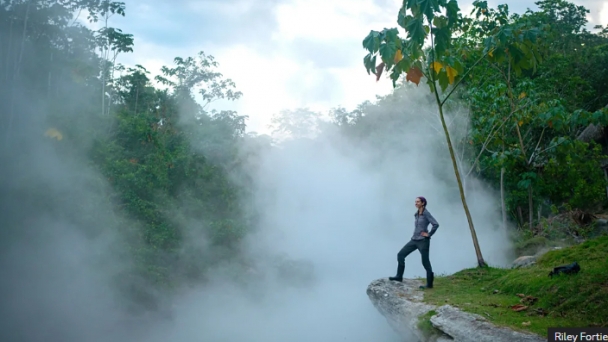
(VAN) The Boiling River regularly reaches 86oC - with drastic consequences for the surrounding rainforest.
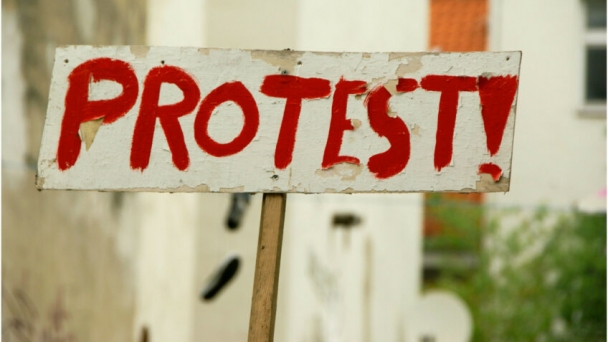
(VAN) For the second time in a month, hundreds of UK farmers took to the streets of London in protest against Labour Party farm inheritance taxes, among other issues.

(VAN) Poor weather to blame for hampering ability to sow and damaging growing conditions.